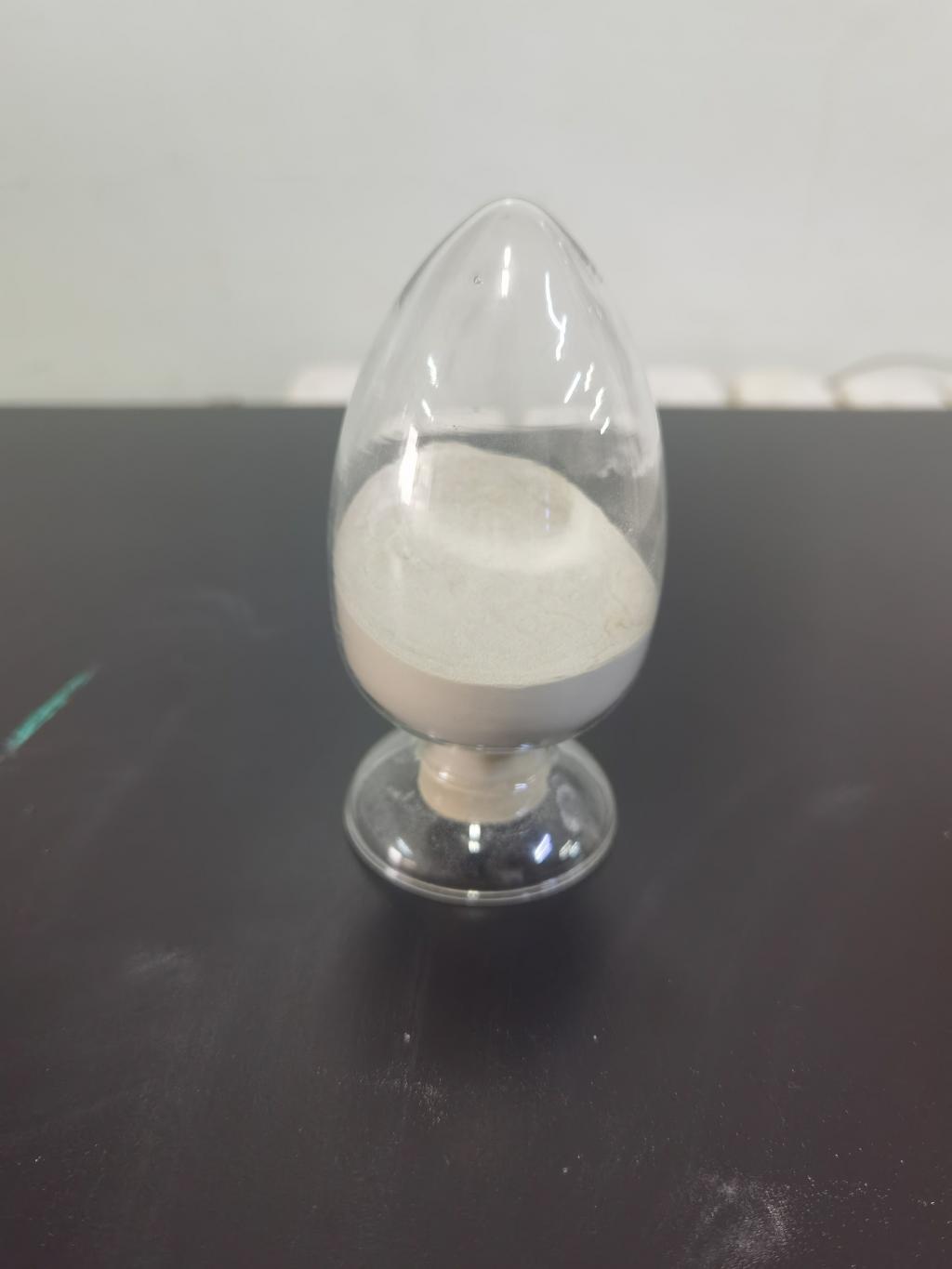Tel:+8618231198596

News
 CONTACT
CONTACT
 CONTACT
CONTACT
- Linkman:Linda Yao
- Tel: +8618231198596
- Email:linda.yao@dcpharma.cn
- Linkman:CHARLES.WANG
- Department:Overseas
- Tel: 0086 0311-85537378 0086 0311-85539701
News
Is Nisin effective against pathogenic bacteria?
TIME:2023-05-17
Introduction
The emergence of antibiotic-resistant bacteria has become a global health concern. This has prompted the search for alternative antimicrobial agents, such as nisin, to combat pathogenic bacteria. Nisin is a bacteriocin produced by certain strains of lactic acid bacteria, primarily Lactococcus lactis. It has been approved as a safe food preservative by several regulatory authorities worldwide.
Mode of Action
Nisin exerts its antimicrobial activity through multiple mechanisms. It disrupts the integrity of bacterial cell membranes by forming pores, leading to leakage of intracellular contents and eventual cell death. Nisin also interferes with cell wall synthesis and inhibits essential enzymatic processes, further contributing to its antimicrobial effects.
Spectrum of Activity
Nisin has demonstrated efficacy against a broad spectrum of pathogenic bacteria, including both Gram-positive and Gram-negative strains. Notably, it exhibits potent activity against several foodborne pathogens, such as Listeria monocytogenes and Staphylococcus aureus, which are major causes of foodborne illnesses.
Effectiveness of Nisin
Numerous studies have confirmed the effectiveness of nisin against various pathogenic bacteria. In vitro experiments have shown that nisin exhibits rapid and potent antimicrobial activity at relatively low concentrations. Moreover, its effectiveness is enhanced in combination with other antimicrobial agents, demonstrating potential synergistic effects.
Mechanisms of Resistance
Although the development of resistance to nisin is relatively rare, some bacterial strains have been reported to exhibit reduced susceptibility. Understanding the mechanisms of resistance is crucial for the continued effectiveness of nisin as an antimicrobial agent. Future studies should focus on identifying and monitoring the emergence of resistant strains.
Potential Applications
Nisin's antimicrobial properties make it an attractive candidate for various applications. In the food industry, nisin can be used as a natural preservative to inhibit the growth of spoilage and pathogenic bacteria, thereby extending the shelf life of perishable food products. Additionally, its application in healthcare settings, such as wound care and oral hygiene products, shows promise in preventing infections caused by pathogenic bacteria.
Safety and Regulatory Status
Nisin has been extensively studied for its safety and is generally recognized as safe (GRAS) by regulatory authorities for use as a food preservative. It has a long history of use without any reported adverse effects. However, the safety and efficacy of nisin-based products for other applications, such as healthcare, need further evaluation.
Future Directions
While nisin shows great potential as an antimicrobial agent, several areas warrant further research. These include the optimization of nisin production, exploring its application in different matrices, investigating its stability under various conditions, and understanding its potential interactions with other antimicrobial agents. Additionally, clinical trials are necessary to assess its effectiveness and safety in healthcare applications.
Conclusion
Nisin, a natural antimicrobial peptide, holds significant promise for combatting pathogenic bacteria. Its mode of action, broad spectrum of activity, and demonstrated effectiveness against various pathogens make it a valuable antimicrobial agent. However, further research is needed to optimize its application, evaluate its effectiveness in different settings, and ensure its long-term efficacy by monitoring the development of resistance. Nisin's potential applications in the food industry and healthcare sector offer promising solutions for controlling bacterial infections and improving food safety.
In summary, the efficacy of nisin against pathogenic bacteria has been extensively studied, and the results are encouraging. Its mode of action, broad spectrum of activity, and demonstrated effectiveness make it a valuable antimicrobial agent. However, to fully realize its potential, further research is required to optimize its production, evaluate its safety and efficacy in different applications, and understand its interactions with other antimicrobial agents. Nisin presents a promising alternative to traditional antibiotics and has the potential to contribute significantly to the fight against pathogenic bacteria.
- Tel:+8618231198596
- Whatsapp:18231198596
- Chat With Skype







